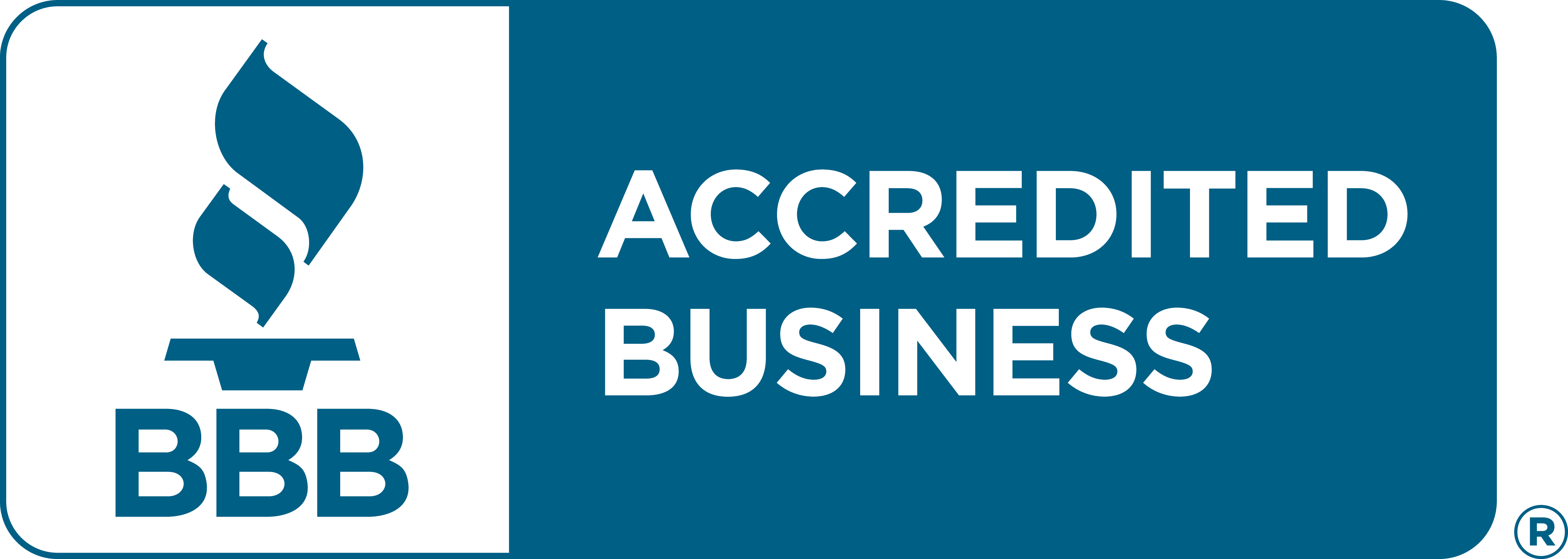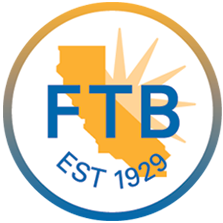Michigan State Filing Requirements
Nonprofits in Michigan must comply with specific state requirements to maintain their good standing and tax-exempt status.
Required Non-profit Forms
Non-profits in Michigan are required to complete several forms as part of their compliance obligations.
| Michigan Department of Licensing and Regulatory Affairs (LARA) Forms | Michigan Attorney General's Charitable Trust Section Forms | Department of Revenue Forms | Federal Forms (Required for State Compliance) |
|---|---|---|---|
|
State Filing Requirements for Non-Profits
Nonprofits in Michigan are governed by the Michigan Nonprofit Corporation Act (1982 PA 162). To establish a nonprofit, organizations must:
- File Articles of Incorporation with the Michigan Department of Licensing and Regulatory Affairs (LARA)
- Appoint a Registered Agent with a Michigan address.
- Create Bylaws outlining governance (not filed with the state).
- Hold an Initial Board Meeting to appoint directors, adopt bylaws, and authorize tax-exempt filing.
- Apply for Federal Tax Exemption by submitting IRS Form 1023 or 1023-EZ.
- Register with the Attorney General before soliciting charitable contributions.

Tax Exemption Requirements
- Must first be recognized as tax-exempt by the IRS with federal 501(c)(3) Status:
- Apply Sales Tax Exemption Application (Form 3372) to the Michigan Department of Treasury for sales tax exemption.
- File Form 990 with the IRS and any required state-level filings
- Apply with the local assessing unit (city/township) following their specific procedures. The property must be owned and occupied by the organization and used for exempt purposes.
- Michigan does not require state pre-approval for sales tax exemptions; organizations present the certificate directly to vendors.
Filing Deadlines for Non-Profit Forms
Adhering to filing deadlines is essential to avoid penalties and maintain compliance.
Below are the key deadlines for non-profit filings in Michigan:
| Michigan Department of Licensing and Regulatory Affairs (LARA) Forms Deadlines | |
|---|---|
| Articles of Incorporation for Nonprofit Corporations | Upon establishing the nonprofit |
| Annual Report for Nonprofit Corporations (Form CSCL/CD-2000) | October 1 each year after incorporation |
| Attorney General's Charitable Trust Section Deadlines | |
|---|---|
| CTS-01 Initial Solicitation Form | Due before soliciting or receiving contributions in Michigan |
| CTS-02 Renewal Solicitation Form | Due at least 30 days before expiration date (expiration occurs) |
| CTS-03 Request for Exemption Form | No specific deadline but must be approved before operating without registration. |
| CTS-04 Dissolution Questionnaire Form | When dissolving a charitable organization |
| Federal Deadlines | |
|---|---|
| Form 990 Series | Due on the 15th day of the 5th month after the organization's accounting period ends Example: For calendar year organizations, Form 990 is due by May 15 |
| Form 1023/1023-EZ | Must be filed within 27 months of incorporation to receive retroactive exemption to the date of incorporation |
Registration & Annual Filing (Non-Profits)
To operate legally as a non-profit in Michigan, organizations must file the Articles of Organization and pay the $20 filing fee.
Initial Registration
1. Nonprofit Corporation Registration
Start by filing the Articles of Incorporation with Michigan LARA and paying the incorporation fee. This formally creates the nonprofit as a legal entity in Michigan.
2. Appoint a Registered Agent
A registered agent is responsible for receiving legal and official notices on behalf of your organization.
3. Obtaining an EIN
After incorporating with the state, you will need to obtain an Employer Identification Number (EIN) from the IRS.
4. Charitable Solicitation Registration (Attorney General)
If the nonprofit intends to solicit donations from the public, register with the Charitable Trust Section of the Michigan Attorney General using the Initial Solicitation Form (CTS-01).
5. Applying for Federal Tax-Exempt Status
File IRS Form 1023 or 1023-EZ for federal tax exemption along with the required filing fee.
Annual Filing Requirements
1. Annual Corporate Filings
File your nonprofit annual report (Form CSCL/CD-2000) by October 1 each year with LARA to update organizational details like the address and officers.
2. Renew Charitable Solicitation License (if applicable)
Renew the license annually before it expires.
3. State Tax Exemptions
Apply separately for Michigan sales and use tax exemption using Form 3372 if applicable.
4. Filing IRS Form 990
Tax-exempt organizations must file the appropriate IRS Form 990 series return annually with the Internal Revenue Service. The deadline is generally the 15th day of the 5th month after the end of your fiscal year.
5. Keep Corporate Records
Maintain proper corporate records, meeting minutes, and financial records as required by Michigan nonprofit corporation law.












